Relying on automated systems to clean your car might seem like the easiest option, but experts warn that it could do more harm than good. These quick solutions often come with hidden risks that can damage your vehicle’s exterior and diminish its value over time.
Let’s explore why experts recommend alternatives like hand washing or professional detailing for better, safer car care.
Potential for Scratching the Paint
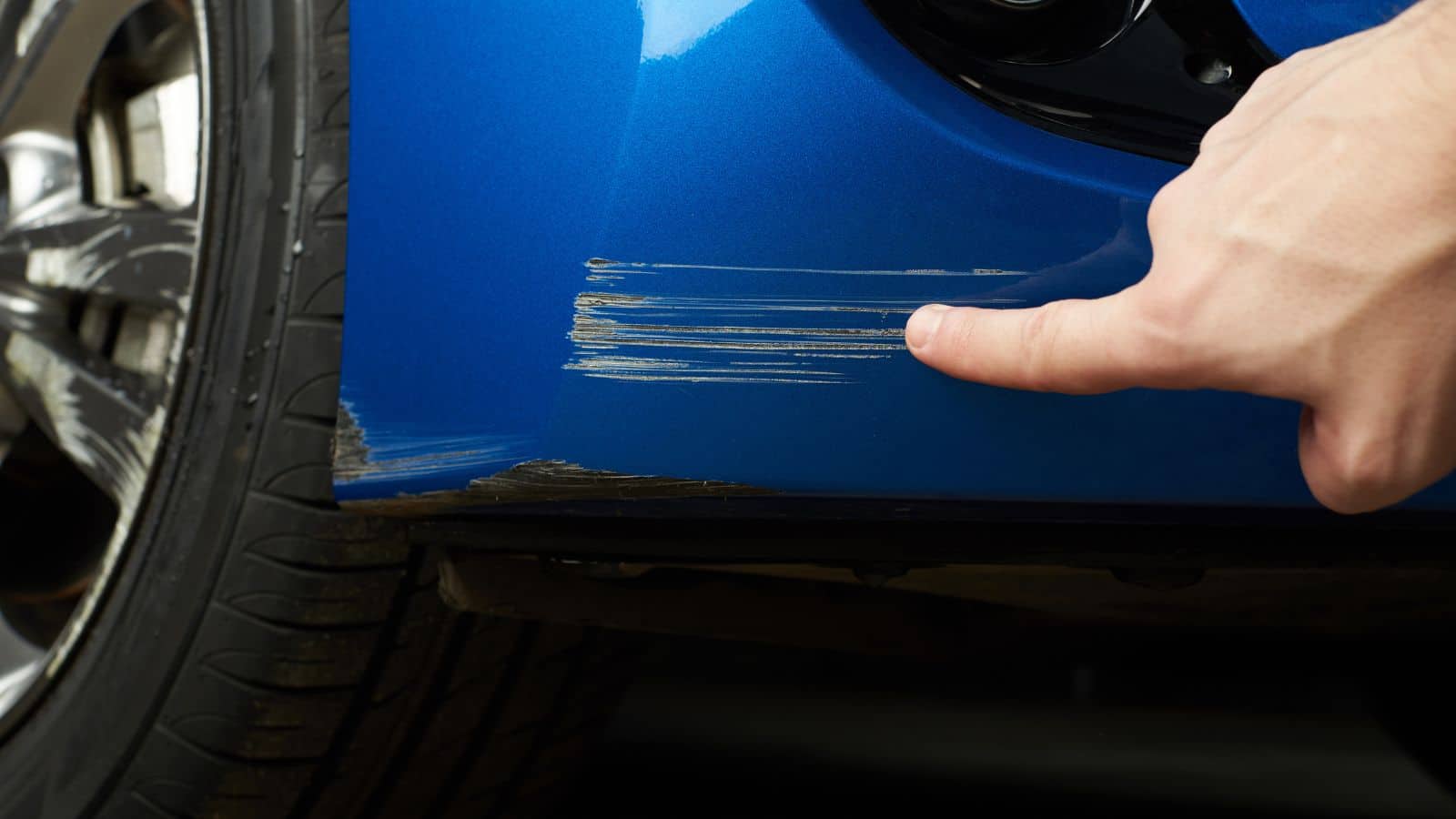
Automatic car washes are known for causing scratches and swirl marks on your car’s paint job. The brushes used in many automated systems are often made of harsh, rough materials that may not be cleaned properly between washes. When dirt and debris are left on the brushes, they can drag across your vehicle’s surface, leaving scratches or fine lines in the paint.
The Risk of Damage from Brushes and Machines
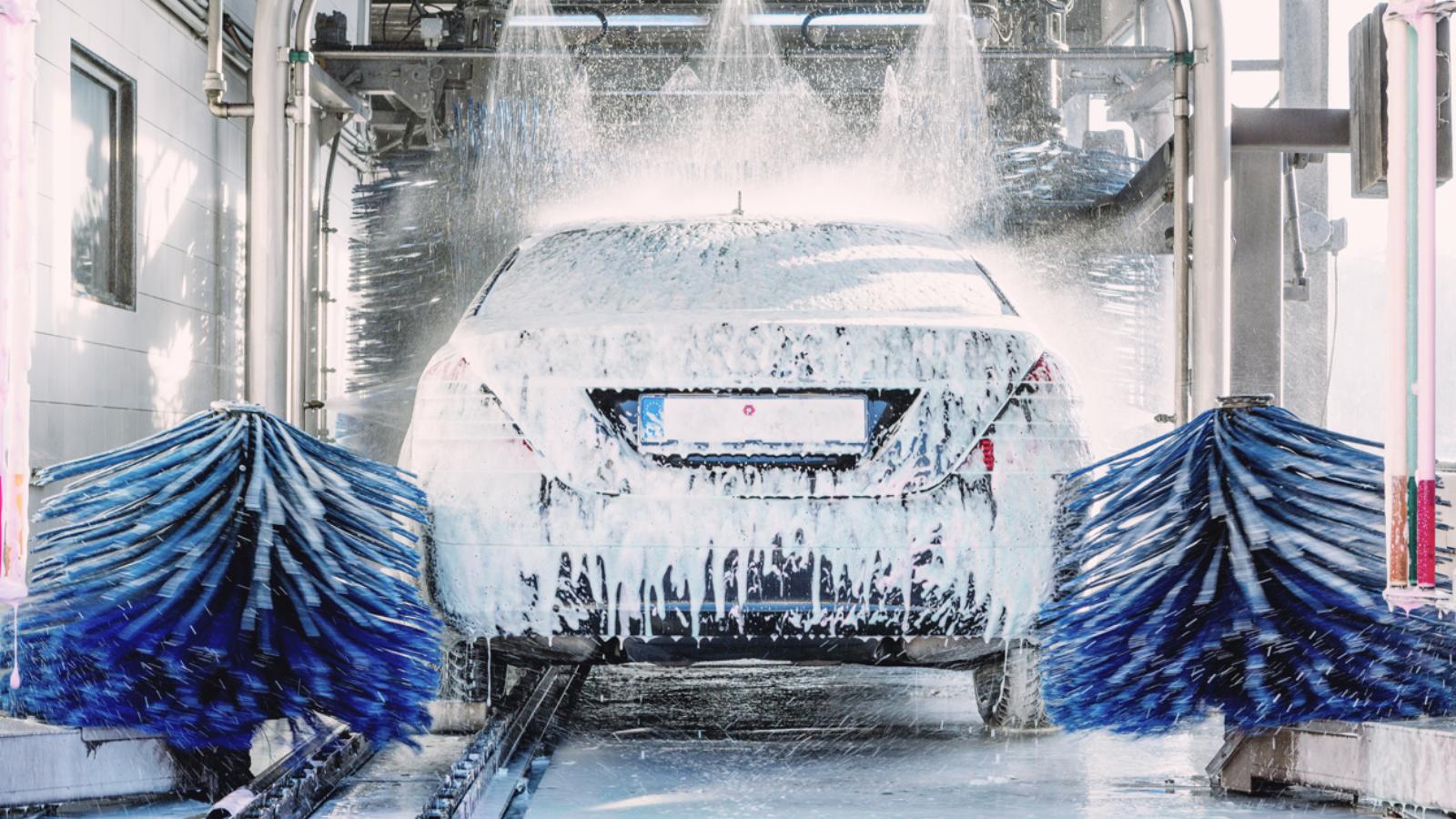
While the brushes might look soft, they’re not always as gentle as they seem. Over time, these components can wear out, becoming stiff and less effective at cleaning safely. Dirt and debris trapped in the brushes can turn them into abrasive tools that scratch or chip your car’s surface. The machines controlling these brushes aren’t flawless either—malfunctions can lead to excess pressure on delicate parts like mirrors or trim.e.
Ineffective Cleaning of the Hard-to-Reach Areas
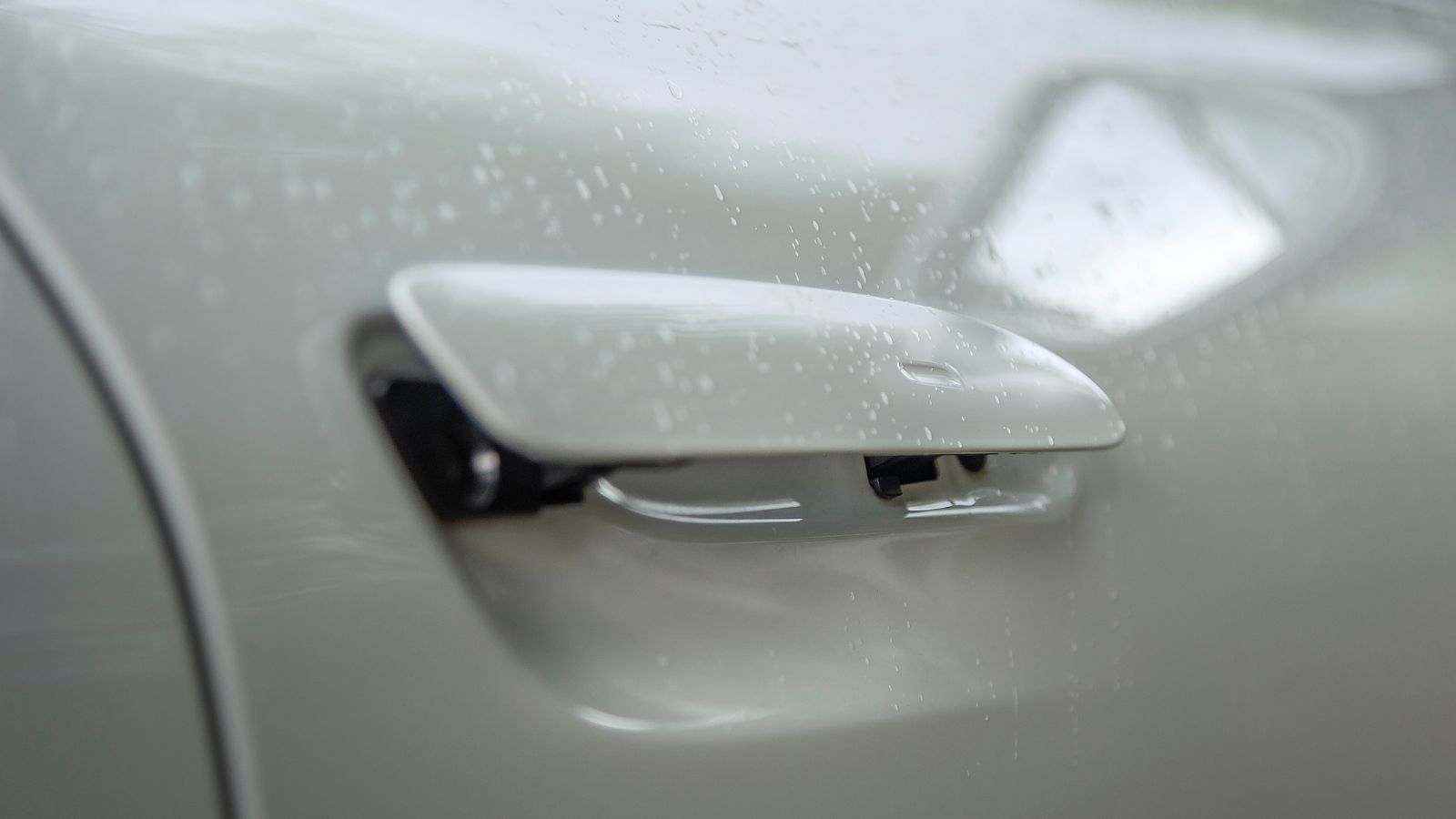
Those quick, automated washes often skip over the nooks and crannies of your car. Places like the rims, under the fenders, or around door handles don’t always get the thorough attention they need. Dirt left in these spots can accumulate over time, leading to rust or corrosion.
Unfortunately, machines are designed for speed rather than precision, so they struggle to target those hard-to-reach areas. As such, a careful hand wash allows for detailed cleaning in all the places automated systems miss.
Use of Harsh Chemicals
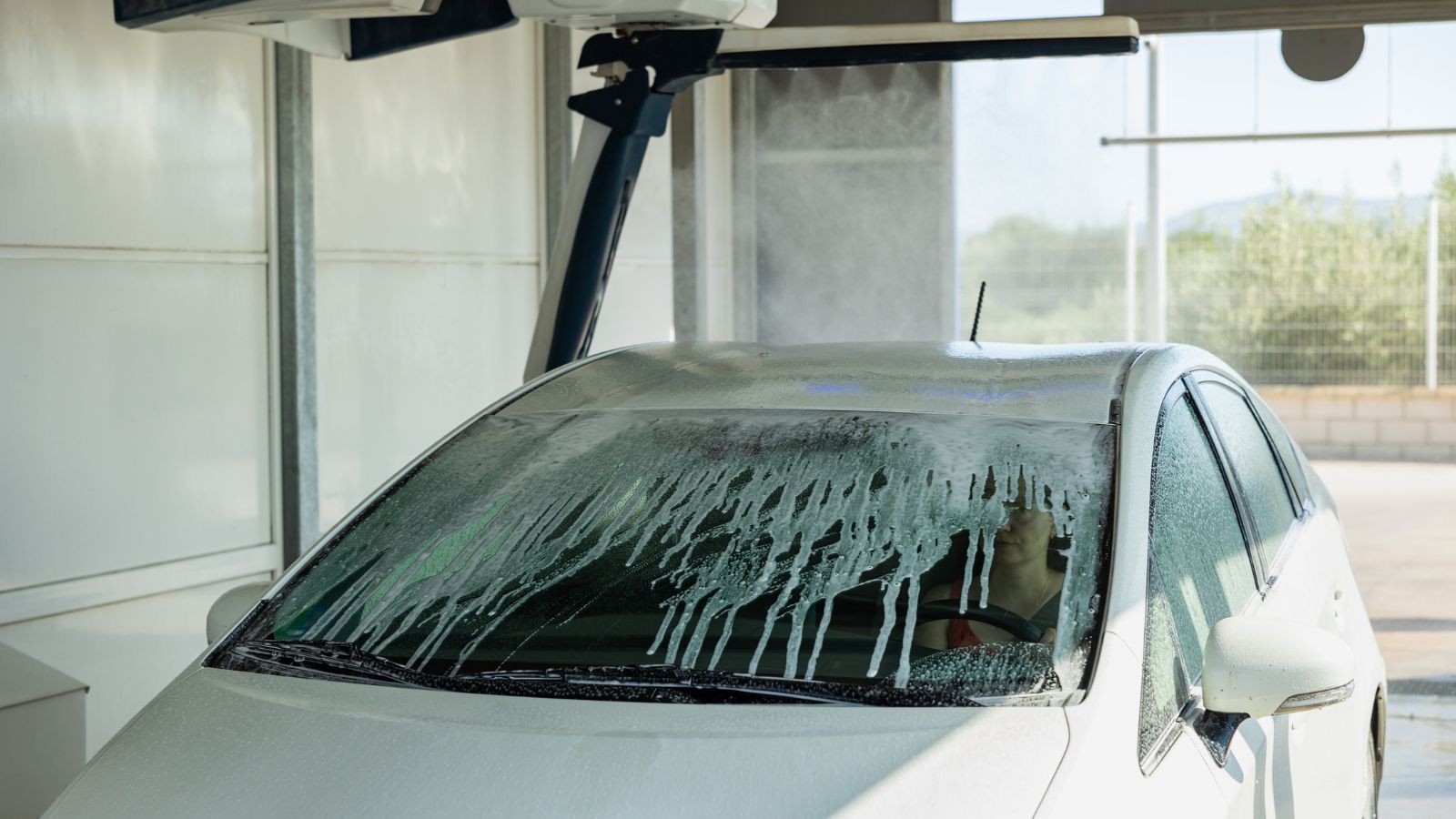
The detergents used in automatic carwashes are often stronger than necessary, prioritizing quick results over long-term care. These industrial-grade cleaners can strip away protective layers on your car, leaving the paint vulnerable to fading or damage.
Repeated exposure to harsh chemicals may even dull the finish, making your car look older than it is. While they’re designed to tackle stubborn grime, they can be too aggressive for your car’s delicate exterior.
Wear and Tear on Your Car’s Exterior
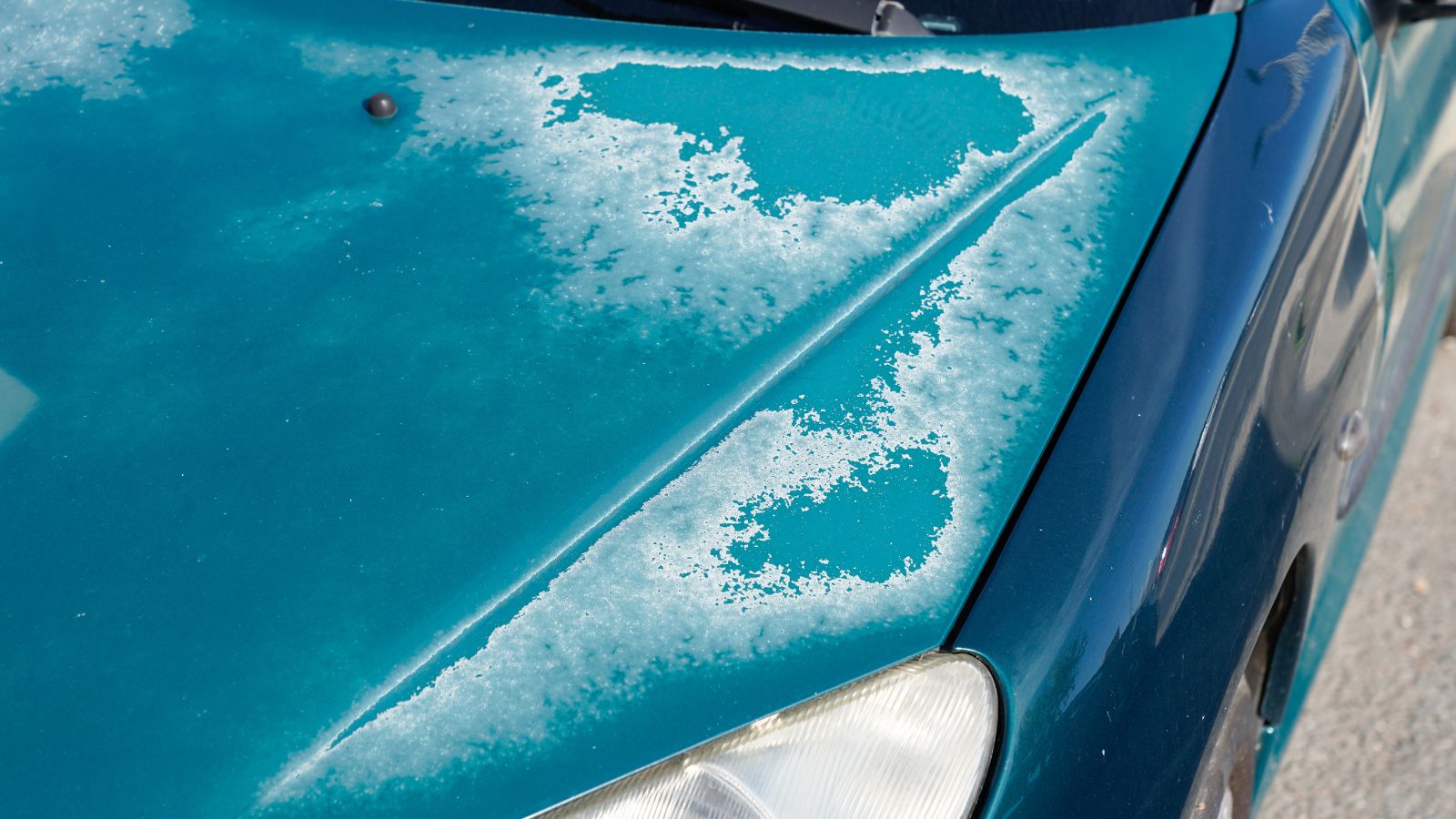
You might not notice it right away, but these washes can take a toll on your car’s exterior over time. The combination of stiff brushes, strong chemicals, and high-pressure water jets slowly wears down the protective clear coat. Without that layer, your car’s paint becomes more vulnerable to fading, peeling, and even rust.
Frequent trips through these systems can leave your car looking older than it really is, which isn’t what anyone wants. If you want to keep your car looking shiny and new, switching to a gentler hand wash could save you a lot of trouble down the road.
Inconsistent Wash Quality
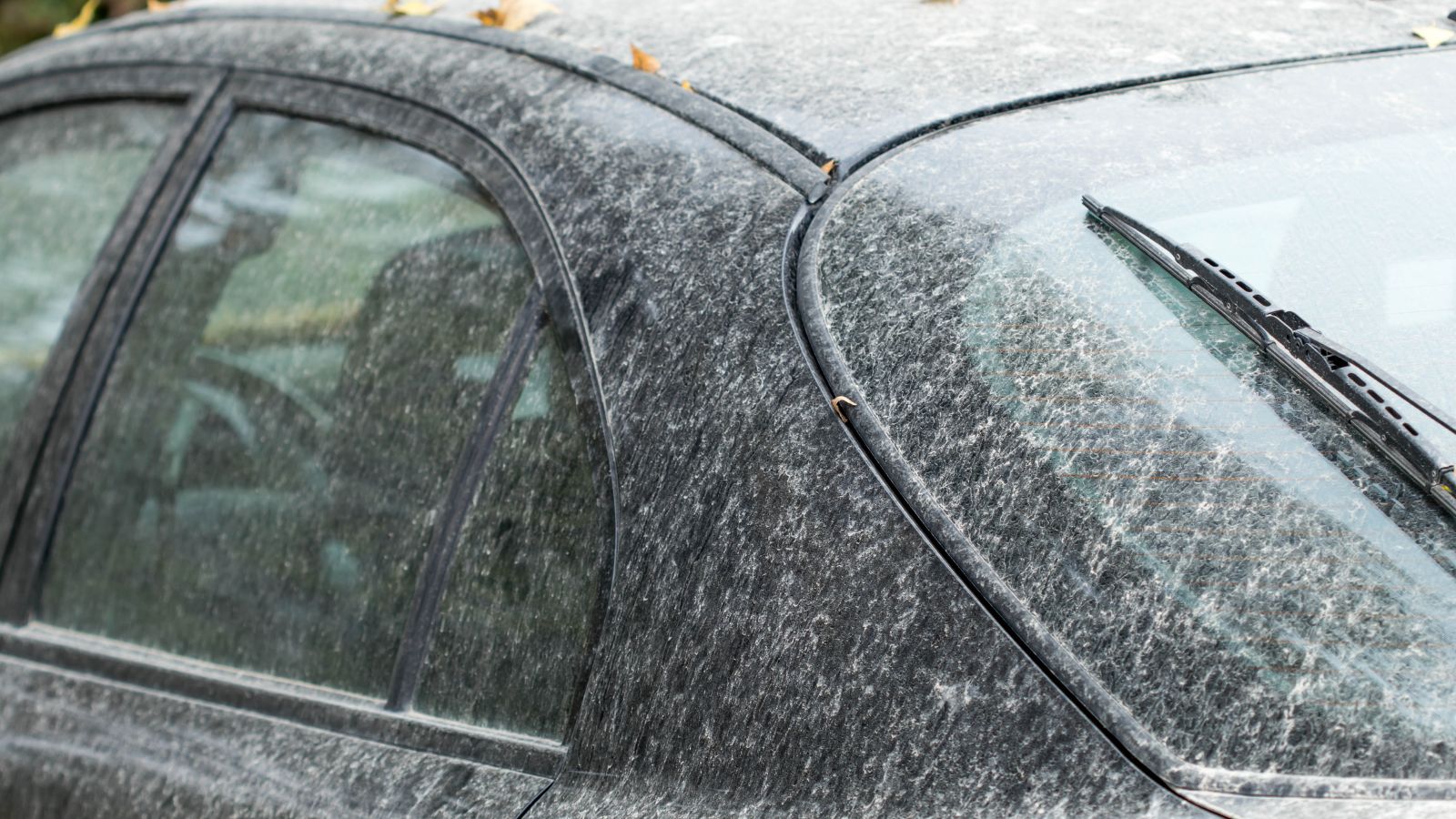
Let’s be real: these washes don’t always deliver the spotless results they promise. Sometimes, your car comes out looking great, but other times, you’ll spot streaks, water spots, or patches of dirt that didn’t get cleaned properly. A lot depends on how well the machines are maintained or whether the soap and water are fresh.
Potential Damage to Sensitive Components
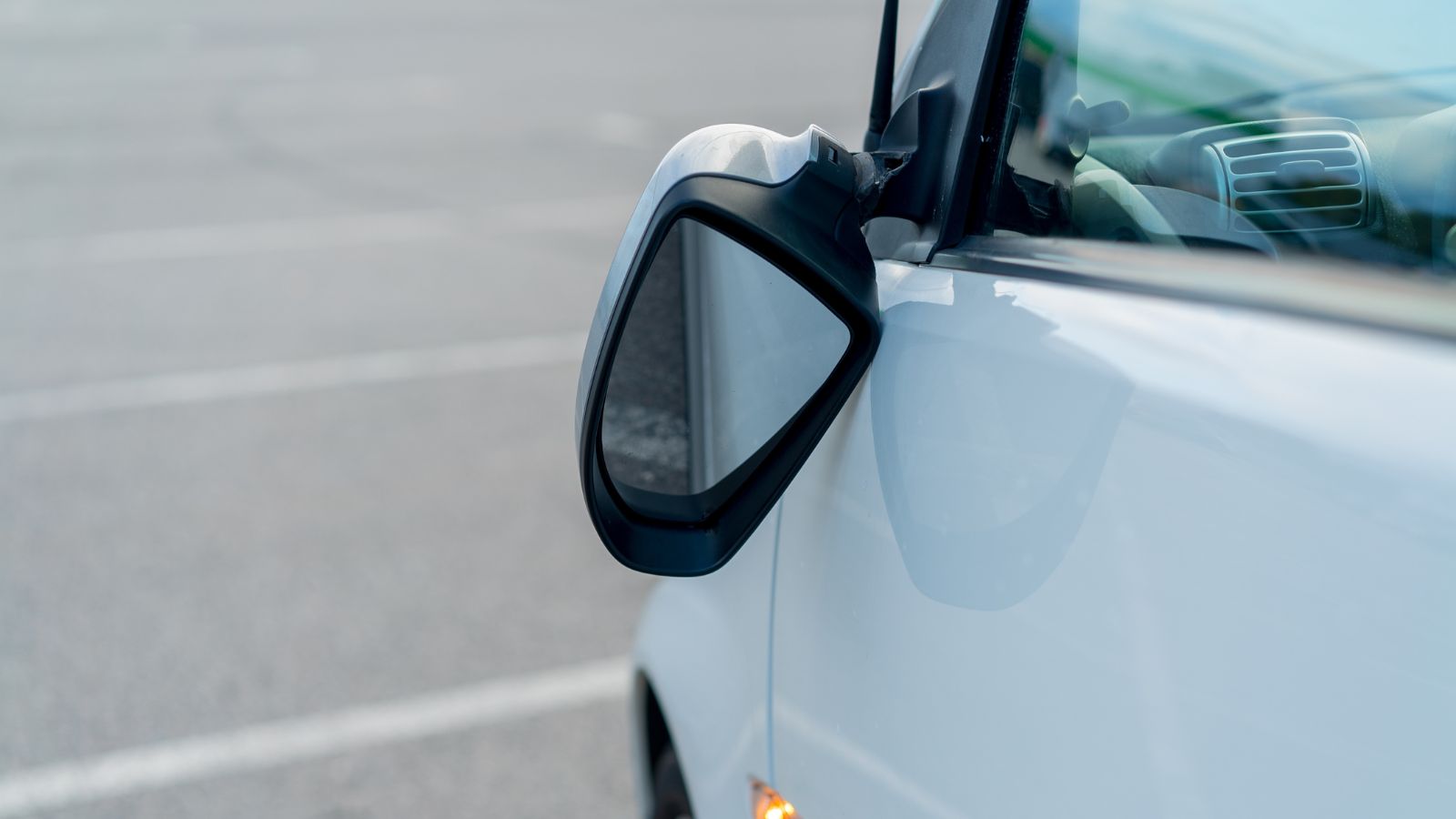
Parts like side mirrors, antennas, and window trim aren’t exactly built to handle the rough treatment these systems can dish out. The brushes or jets don’t adjust for delicate features, which means things can get bent, scratched, or even broken.
High-pressure water jets can also force moisture into areas like seals or electronics, causing problems you might not notice right away. If your car has custom parts or unique details, it’s even riskier.
Poor Water Usage
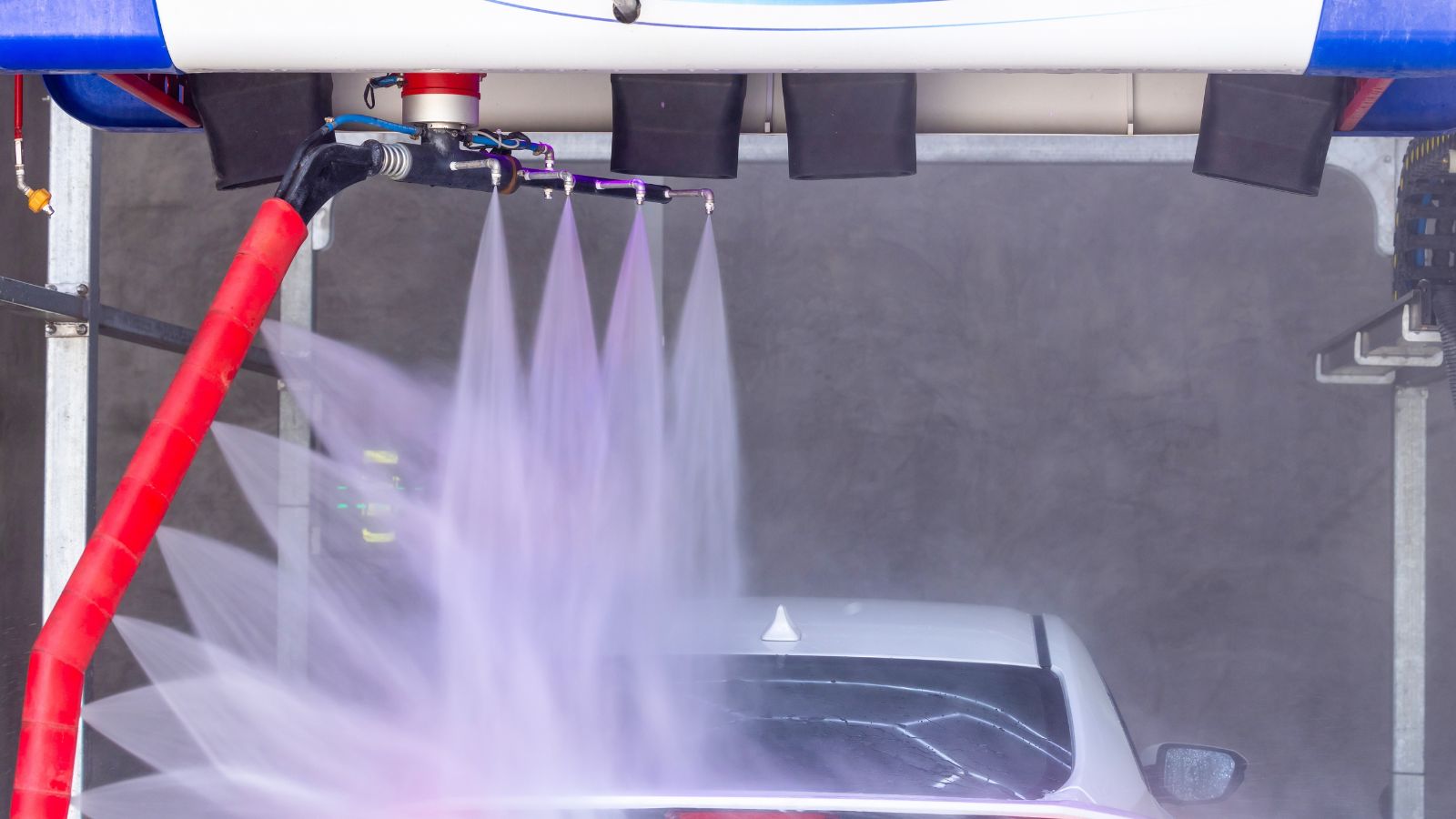
Another issue with automatic car washes is their inefficiency when it comes to water usage. Many automated systems use large amounts of water, even if the car doesn’t require it. Unlike hand washing, where water is only used where necessary, automatic washes often have the tendency to waste more water than is needed to clean a car.
Limited Attention to Interior Cleaning
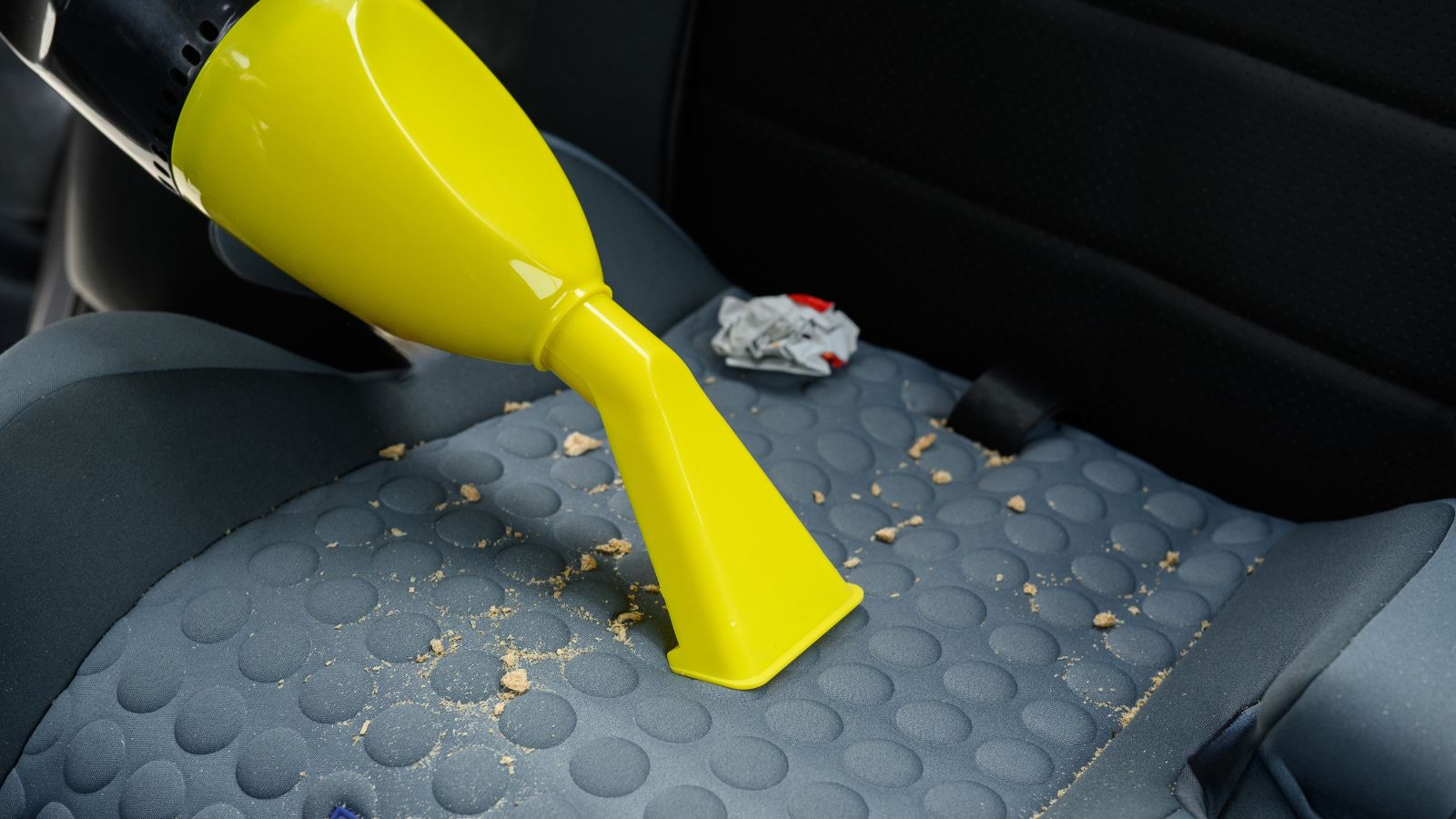
These washes might leave your car’s exterior looking decent (sometimes), but the inside is a whole other story. The machines don’t do anything for dusty dashboards, crumbs in the seats, or carpets that need good vacuuming. Letting the interior go unchecked for too long can lead to unpleasant smells or even mold, especially if moisture sneaks in.
Uneven Drying
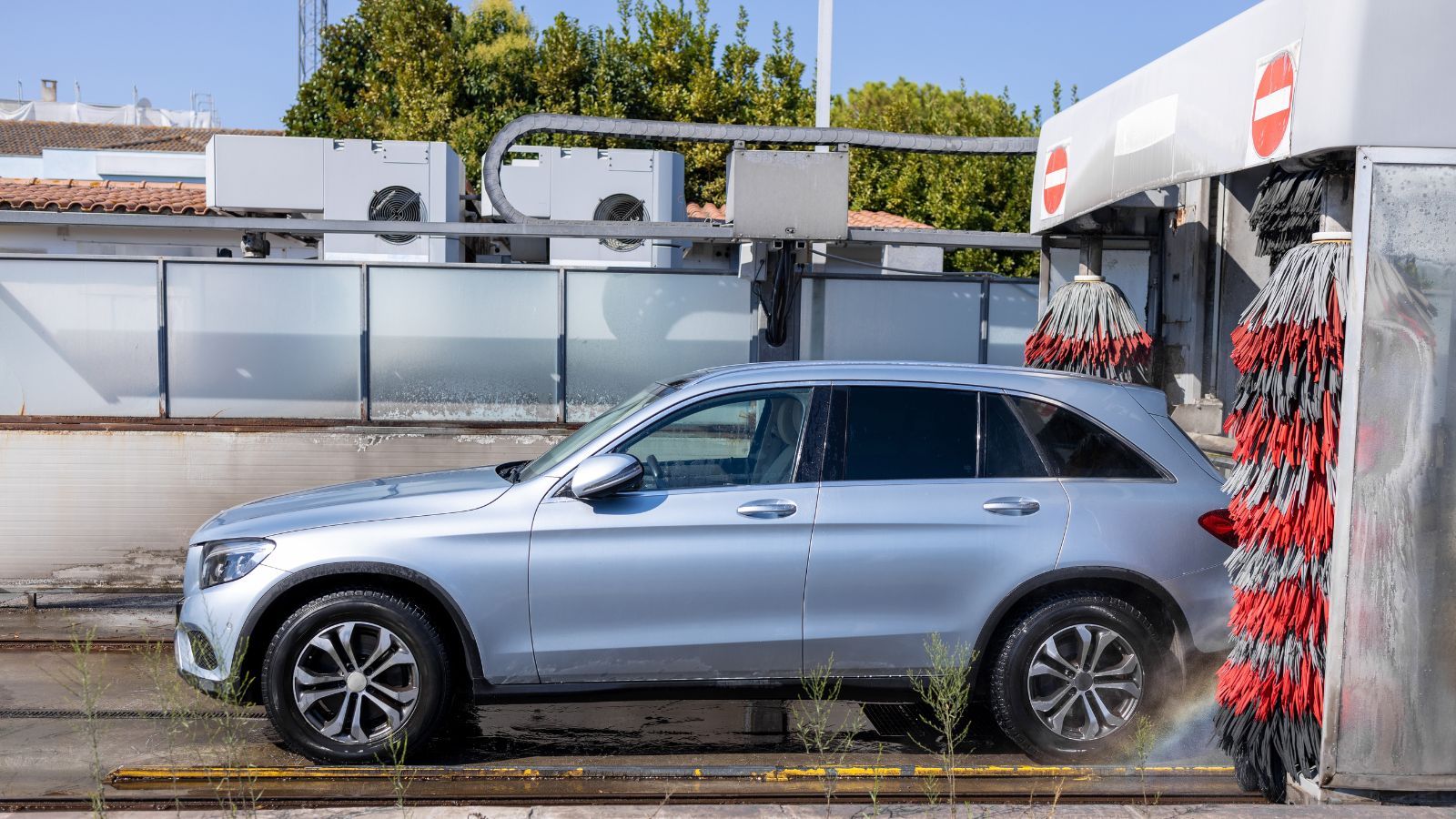
Drying is one of those steps that can really make or break a wash, and automatic car washes don’t always nail it. High-speed blowers might look impressive, but they often miss key areas like side mirrors, door handles, or crevices around the trunk.
When water is left behind, it can dry unevenly, leaving streaks, spots, or smudges that are tough to clean off later. Over time, these water spots can even damage your car’s paint.
Taking the time to hand-dry your car ensures every surface is clean, dry, and streak-free, giving it that polished, professional look.
Damage to Your Vehicle’s Tires

The combination of high-pressure jets and abrasive brushes used in automatic car washes can cause damage to your car’s tires. The rotating brushes that scrub the sidewalls of the tires can cause friction, potentially leading to small cuts or abrasions.
Over time, this could weaken the rubber, reducing the lifespan of the tires. For car owners who want to preserve the condition of their tires, it’s safer to avoid the repetitive mechanical friction involved in automatic washes.
Potential for Uneven Wax Application
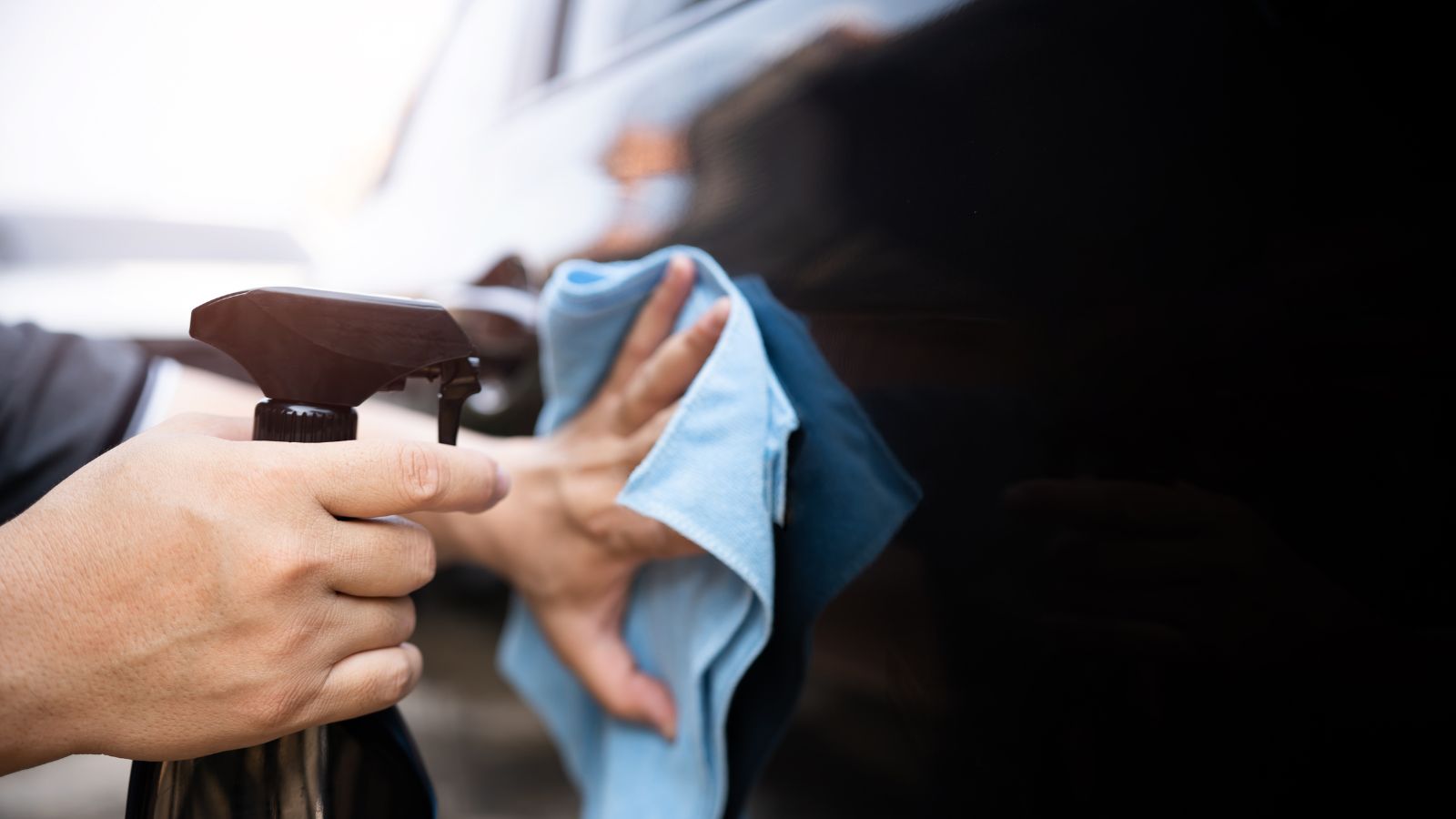
Waxing is supposed to protect your car and give it that beautiful, glossy finish. The problem is that automated systems don’t exactly apply wax evenly. Some spots might get too much, while others get barely any at all, leaving your car looking patchy or dull. Worse, poorly applied wax doesn’t offer the same level of protection, which means your paint is still exposed to the elements.
Limited Options for Customization
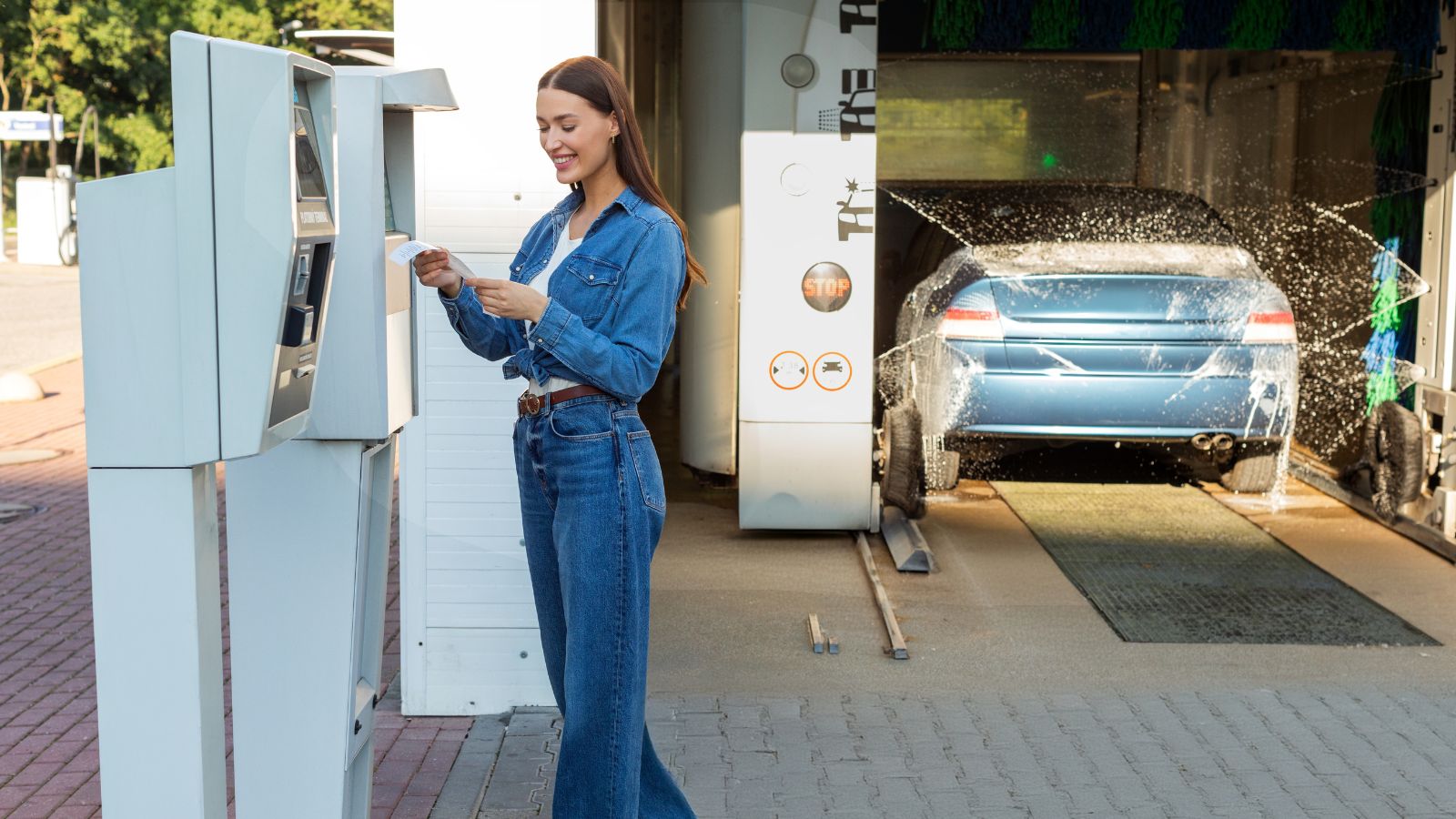
Automatic car washes aren’t exactly designed to handle special requests. If your car needs a specific type of cleaning product or extra attention in certain areas, you’re out of luck. Most systems operate on one-size-fits-all settings, which doesn’t leave much room for custom care.
For example, cars with delicate finishes or unique paintwork often need gentler cleaning products, but you won’t find that flexibility here. A hand wash lets you choose exactly what your car needs, from specialty soaps to targeted cleaning in tricky spots. For cars that deserve a little extra TLC, a personal touch always wins out.
Increased Risk of Car Damage Over Time

One or two trips might not seem like a big deal, but over time, all those scratches, abrasions, and chemical exposures add up. The repeated stress on your car’s exterior can wear down the paint and protective coatings, leaving it more vulnerable to fading, rust, and other damage. What starts as a few tiny imperfections can eventually make your car look older and less well-maintained.
If you want to keep your car in tip-top shape, avoiding these systems in favor of gentler methods like hand washing is a smart choice. Your car will thank you for the extra care.
Increased Risk of Malfunction

Finally, automatic car washes are not immune to malfunction, and when they break down, they can cause serious damage to your vehicle. Mechanical failures in the equipment, such as malfunctioning brushes or jets, may result in harsh contact with your car’s surface. In some cases, these failures can cause dents, scratches, or even break parts of your car.
Furthermore, many automatic car washes operate on tight schedules, meaning that if the system isn’t regularly serviced or maintained, the likelihood of malfunction increases. Relying on such systems without knowing when they were last inspected can lead to costly repairs down the line.
